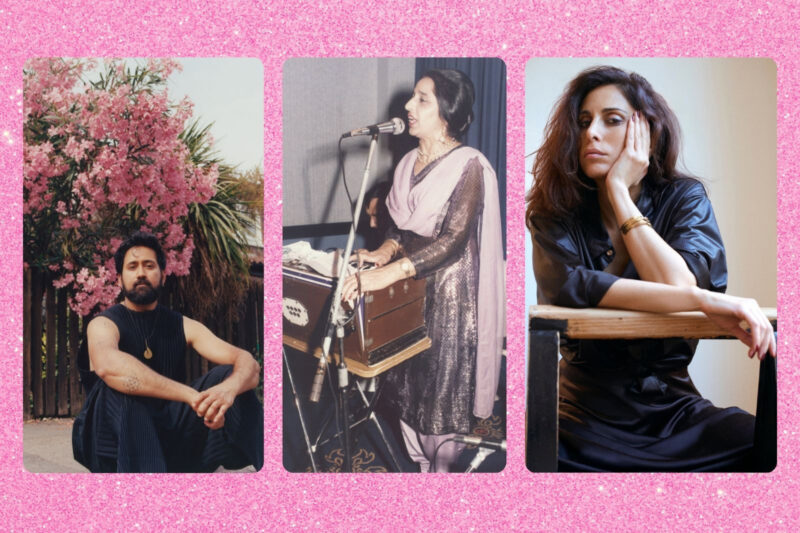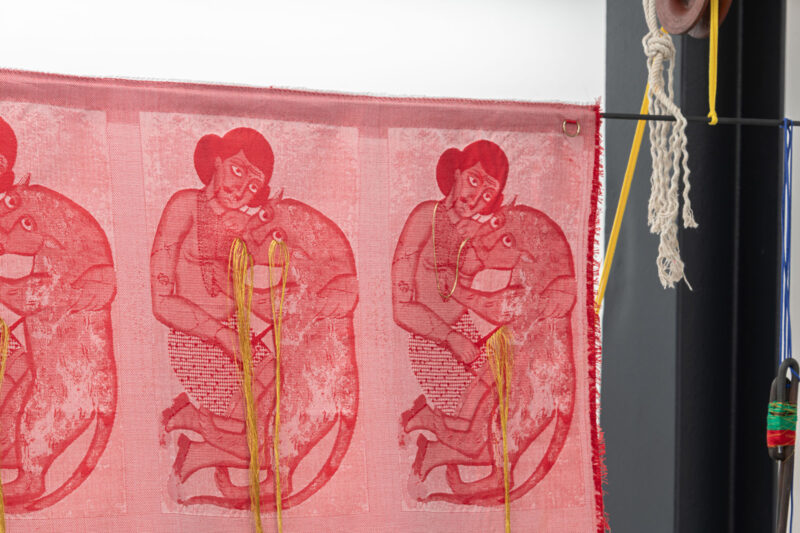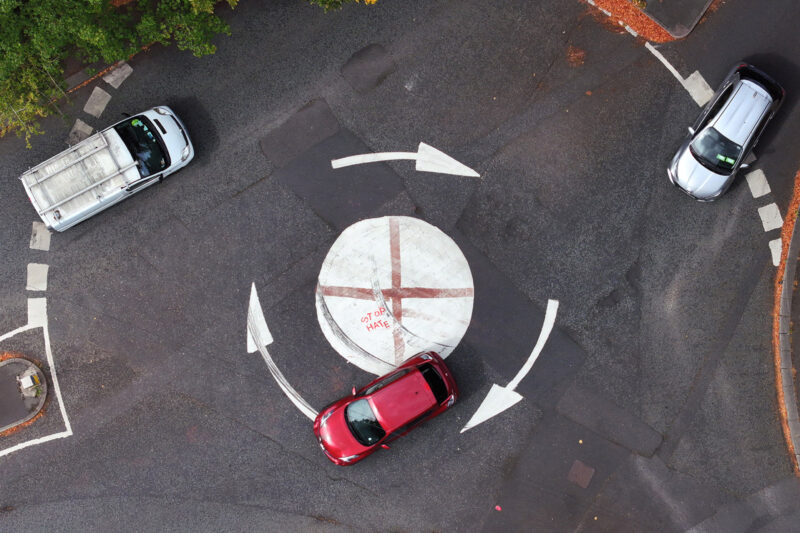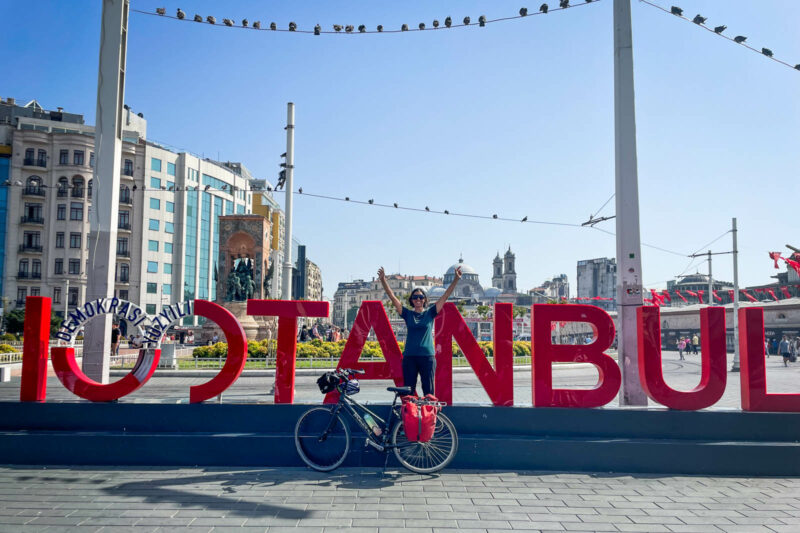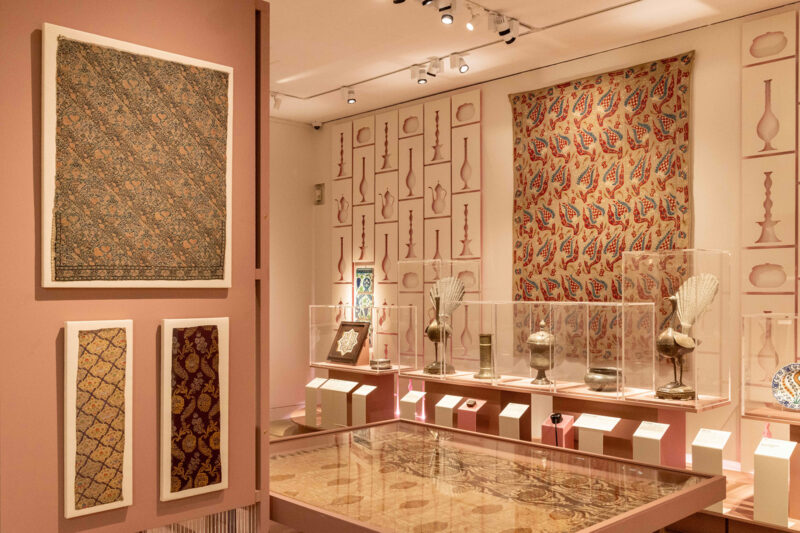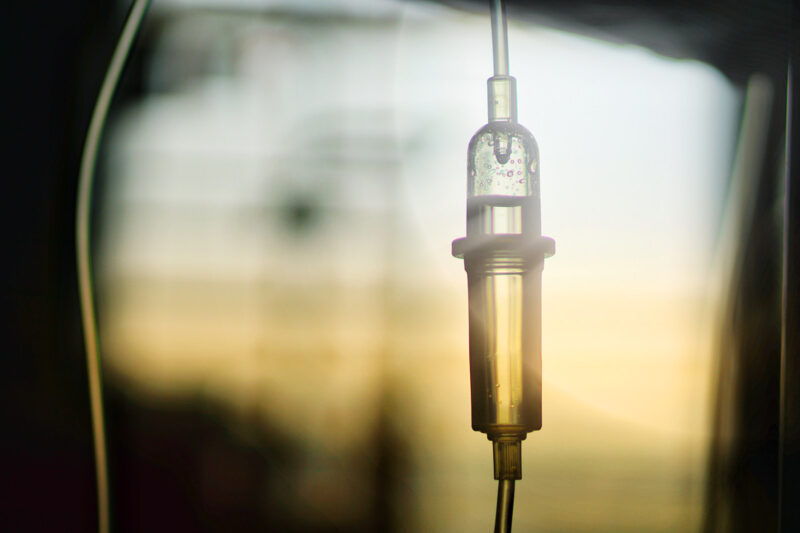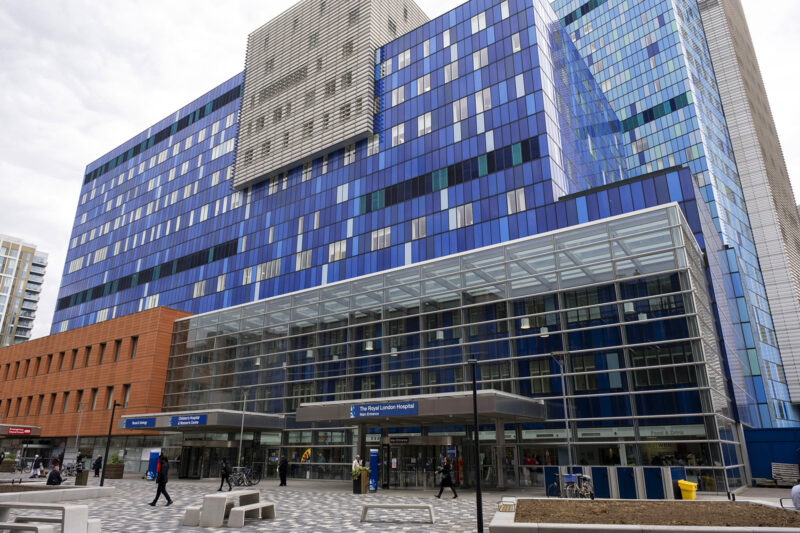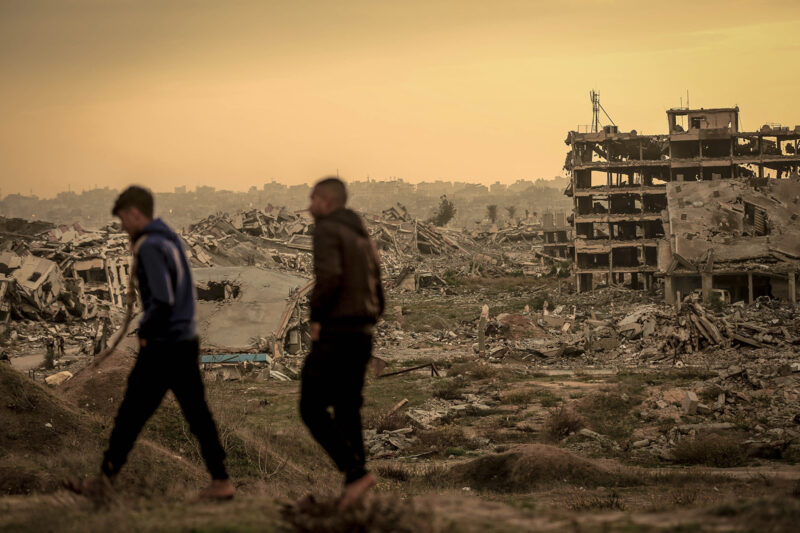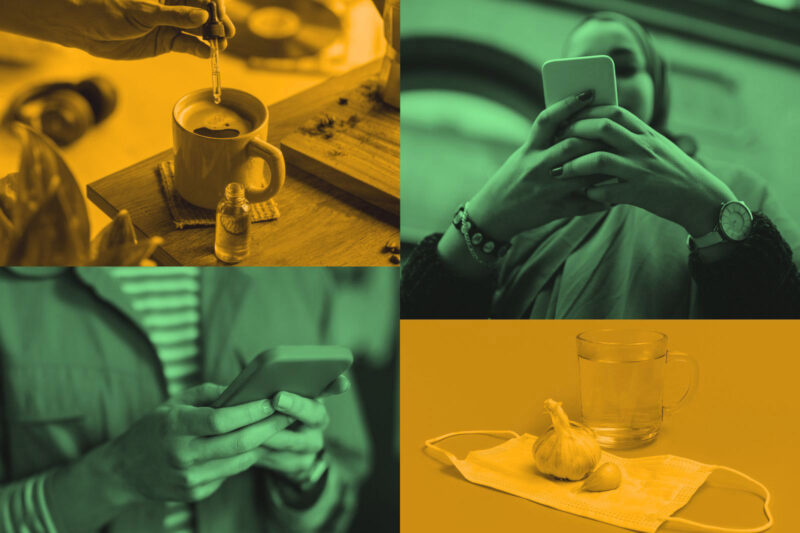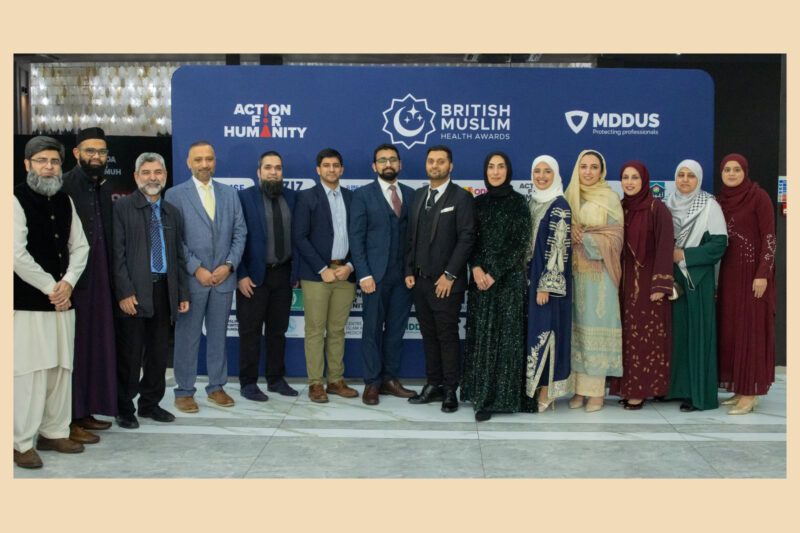‘Accepting cancer would be giving up, and that was never an option’
UK Muslims are among hundreds of thousands who travel to Turkey for medical treatment every year, sometimes in a desperate attempt to take advantage of purported life-saving treatments
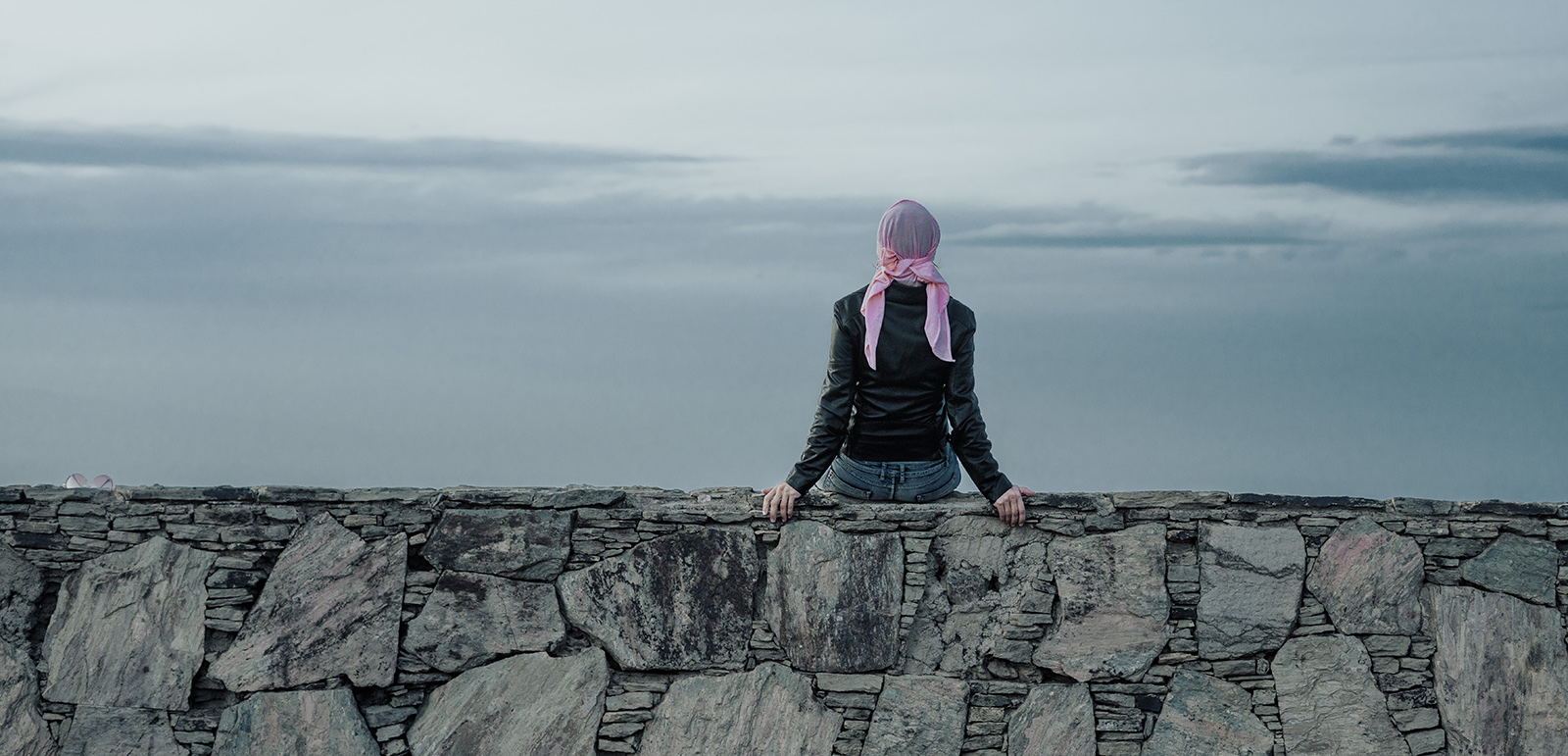
“We have to have an acceptance of death,” said Khadija, sitting in a quiet corner of a service station coffee shop, where we met one overcast morning on a March weekend. “It’s the part of life we often forget about.”
I’ve known Khadija for a little more than five years, but this was the first time we had met face to face to talk about a tragic time in both our lives.
Our paths first crossed in the winter of 2017 at a medical clinic in Istanbul that claimed to cure cancer, or at least extend the life expectancy of people with the disease. Khadija was there to support her sister, Hafsa, and I was there trying to save my husband. Both died, as did the countless others whose memories are marked with now-dormant online fundraising pages and prayer circles.
Hafsa was one of hundreds of thousands of Europeans who travel to Turkey for medical treatment every year. Over the past 20 years, the Turkish government has encouraged the private sector to develop new hospitals and clinics across the country, offering treatments to an international clientele. The private healthcare industry in Turkey, regulated by the Ministry of Health, is worth more than $3.5 billion, a figure forecast to double over the next decade. There are now an estimated 560 private hospitals and 27,000 clinics in Istanbul alone.
Turkey’s location between Europe and the Middle East and North Africa region attracts thousands of international patients, seeking procedures including fertility, hair transplants and purported cancer treatments. In many cases, people travel to Turkey for private healthcare because of its affordability and ease of access compared with countries with long waiting lists such as the UK.
Although the cost of cancer treatment runs into tens of thousands of pounds in Turkey, it’s still more affordable than in other parts of the world. The Foreign Office has issued warnings for travellers to conduct careful research ahead of medical treatment in the country.
Khadija was able to quickly raise funds for her sister’s treatment in Istanbul. “Our community in Buckinghamshire raised over £100,000 in a matter of months,” she said. She believes that the amount collected stands as testament to how loved Hafsa – a mother of three and a teaching assistant at a centre for children excluded from mainstream schools – was by everyone who knew her. The treatments, which were administered over three months, cost £50,000.
Hafsa had first sought care in the UK. Initially, doctors dismissed her worries about symptoms of lethargy and lower abdomen pain as she was considered too young for them to be anything serious. Three months later, in August 2015, at the age of 32, she was diagnosed with stage 3c ovarian cancer.
Despite rigorous dietary and lifestyle changes, including cutting out sugar, meat and dairy products, Hafsa’s condition worsened. She tried two rounds of chemotherapy. At the end of it all, NHS doctors said that her cancer was incurable.
She refused to accept that diagnosis and began looking for alternative therapies not available on the NHS, including heat and oxygen treatment offered at a UK private clinic. She had also been recommended an oncology centre in Istanbul by Yes to Life, a UK group which advises patients “to pursue approaches that are not currently available on the NHS”. She was promised an 80% chance of full remission.
Squeezed on to the seventh floor of an office block, the clinic sits around the corner from the high-end shops and restaurants of Istanbul’s Nisantasi district. When Hafsa first visited, she found that most patients had similar stories to hers: they were desperate people, turned away by healthcare providers in their own countries after being told nothing more could be done for them.
Hafsa started a programme of alternative therapies purported to strengthen her immune system, including intravenous vitamin drips and low-dose metabolically supported chemotherapy. Another procedure at the clinic involved entering a chamber that heats the body to 40C — a temperature that some researchers claim will damage or even destroy cancerous cells. Medical staff at the clinic also recommended that patients enter a hyperbaric chamber, claiming it could oxygenate the body and create an environment “inhospitable” to cancer cells.
After 10 months of intensive treatment, Khadijah remembers Hafsa as “skin and bones”, with a swollen tummy and legs from fluid retention. She was told her main tumours had gone, but that malignant cancer cells were still present in the fluid and that she would need more treatment to stop them from spreading. Until then, she was allowed to return to the UK for a break. Within weeks, Hafsa had died, surrounded by her family.
“She cared for others and she did so with this warm, bubbly nature,” Khadija remembered. “She was positive and determined, and I think it was that determination that kept her going, even when challenging her diagnosis.”
Dr Rizvana Ahmad, an experienced consultant in clinical oncology at the NHS Chelsea and Westminster Hospital in London, says many cases of cancer can potentially be cured if detected early. But she also suggests palliative care as the best option at the end of life.
“I appreciate when a patient has been given an incurable diagnosis they may wish to seek a second opinion, and I always encourage my patients if they wish to seek another oncologist’s opinion,” Ahmad said.
“When it is clear the disease is progressing, despite conventional treatment, and the patient is becoming increasingly symptomatic, I refer my patients for palliative support in the community.
“They obtain considerable support from community palliative care teams who will support them and their families and help them maintain quality of life for their remaining time. I appreciate there is interest in alternative therapy, but as an oncologist I can only recommend evidence-based treatments.”
‘In Islam it is indeed an obligation to try to save a human life, but families must always ensure the medical advice they seek comes from the best physicians’
Dr Mamoun Mobayed, a former professor in the history of Islamic medicine at Queen’s University Belfast and now a consultant psychiatrist in Qatar, explains that many Muslims feel obliged to look for alternative healthcare solutions in the face of severe medical adversity.
“By nature we want to live a good life, a disease-free and pain-free life,” he said. “Muslims are always required to treat an illness. It’s a duty, so for some this may mean seeking treatments wherever they find hope.”
Such obligations may explain why families such as Hafsa’s travel all the way to Turkey and partake in experimental and sometimes unorthodox forms of care — even when such moves place family members at odds with each other.
“If it had been in my hands, if it was my choice, I would not have gone there,” said Khadija. “I look back and think she spent the last 10 months clutching at life, hoping for a cure, when she could have been made comfortable with end-of-life care that is offered back here.”
Other UK citizens pursuing private healthcare have had similar experiences. “My father always believed in the prophetic hadith that every illness has a cure,” said Sufia Naeem, who told me of her father’s journey to Cairo for colo-rectal cancer treatment.
Mohammed Naeem, 69 and retired, was once the owner of a busy laundrette in west London. He developed a persistent cough in December 2019, just a few months before the pandemic was announced. Its persistent rattling would keep him awake throughout the night. After a month, pressured by his daughter, he sought advice from his GP.
He was told that it was a normal chest infection and was prescribed a course of antibiotics. Initially, the medication seemed to do the trick but, after a few months, his cough returned. At first unable to get a referral from his GP for diagnostic scans owing to pandemic backlogs, he was sent for an X-ray, followed by a CT scan.
“That’s when we were told by the oncologist it was colo-rectal cancer, stage 4,” his daughter Sufia said. According to an oncologist I interviewed for this article, coughs can sometimes suggest that secondary deposits of cancer have developed in the lungs. Naeem’s family was told that he had months to live.
He refused chemotherapy, fearing that its side-effects would make him even weaker. “We were told the chemo would be a palliative measure,” said Sufia. “It couldn’t cure the cancer, but it might extend his life, albeit at a poor quality. Accepting this would be giving up, and that was never an option.”
In June 2020, a friend spoke about Naeem’s situation to the family of a Manchester-based British-Egyptian doctor who claimed to have successfully treated a young boy for a type of blood cancer. The doctor, who had been struck off by the General Medical Council in the UK for offering alternative treatments to cancer patients, had since moved back to Cairo and was practising privately from his home in the city.
When a window opened for international travel, Naeem, his wife Mehmooda, Sufia and one of her brothers all flew to Cairo in hope of a cure. The former doctor prescribed homeopathic and herbal supplements and electromagnetic therapy at a cost of around £11,000 for a month. Within three weeks, the former doctor suggested to the family that Naeem’s cancer was reducing.
A week later, he developed an infection that Mehmooda says was unrelated to his cancer. It caused his blood pressure and glucose levels to spike, she says, and by the morning he had died.
Mehmooda maintains that Naeem’s death was caused by the infection. “It wasn’t the cancer that killed him, but this infection. I wholly believe this doctor can cure cancer,” she said. “My husband died because it was his time, and when your time comes, it comes.”
While healthcare specialists interviewed for this article told me they understand the desire to save a human life, they also warned that best medical practices should be observed at all times. Mobayed said: “In Islam it is indeed an obligation to try to save a human life. The Qur’an states: ‘If anyone saves a life, it shall be as though he had saved the lives of all mankind’. It’s admirable that some families try to make this happen at any cost. Families must always ensure the medical advice they seek comes from the best physicians.”
Some names have been changed to protect privacy
 Newsletter
Newsletter

